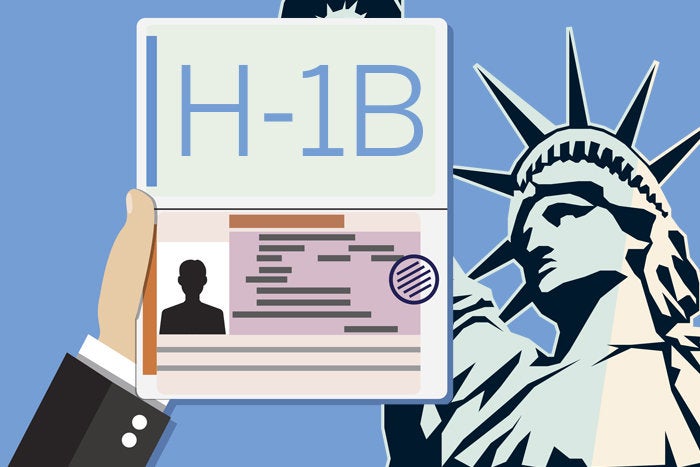I recently spoke with Computerworld's Pat Thibodeau about potential H-1B visa restrictions and the anticipated impact on a variety of businesses.
While laws making it tougher to employ foreign workers would likely open up opportunities for U.S.-based nearshorers and inshorers like Wovenware, there are greater issues to consider.
The tech industry was founded on the collective talents of a global workforce, comprising innovative entrepreneurs, brilliant engineers, programmers and data scientists. To impede the ability for this type of a worldwide ecosystem to grow and flourish, could do serious damage to the tech industry as a whole.
The largest companies would be hit hard
While restrictions on H-1B visas would clearly hurt off-shore tech service companies the most, making it difficult for them to do business in the U.S., OEMs and other tech companies also face major challenges -- most notably the larger ones like Apple, Microsoft and Google -- where a large portion of their tech talent hails from foreign countries. And limiting talent and diversity could have larger repercussions.
Tightening visas could stifle U.S. innovation
According to an article in the Mercury News, 40 percent of America's Fortune 500 companies were founded by an immigrant or the child of an immigrant. U.S. tech companies are concerned that restrictions to H-1B visas would impact innovation, entrepreneurship and make it harder for new U.S. startups to grow.
Tech shortage requires global resources
Out of the 65,000 H-1B visas granted to skilled workers every year, an additional 20,000 are given to foreigners who graduate from American universities. Not only do tech companies need those workers to fill jobs that require advanced science and math skills, but our universities also rely on talented students from around the world to remain innovative, diverse and energized.
Nearshoring is on a strong growth path -- with or without visa restrictions
While nearshoring and inshoring will likely become even more appealing to companies looking to outsource their software engineering projects in light of potential new visa restrictions, it has been growing in popularity on its own because of the business benefits it provides to companies looking to modernize applications, move to the cloud and implement the smart tools which will become game changers.
These companies are finding that costs are more than 50 percent lower than services provided in major U.S. cities; an educated and skilled workforce can really accelerate their product development efforts; and the proximity of nearshorers can remove time zone and language barriers, which have plagued offshore firms that require continuous collaboration and communication.
In the case of Puerto Rico and other U.S. territories, adherence to the same U.S. laws, regulations and currency also make it a lot easier to do business with nearshore service providers.
Additionally, some federal rules require that work done on behalf of government departments --such as through aerospace and defense contractors or healthcare providers -- must be conducted by U.S. companies, which would include U.S. territories such as Puerto Rico and the U.S. Virgin Islands.
Plenty of room at the tech innovation table
Aside from the benefits of nearshoring, whatever the sourcing model there's plenty of room for everyone at the tech innovation table. Given the fast pace of technology developments in our innovation economy, and the integration of software in every aspect of our lives, the demand for brilliant software engineers, data scientists and IT managers continues to steadily outpace supply. Allowing companies to source the best fit for their software development needs -- no matter where their staff come from -- should not be limited by visa restrictions.
In the end, a rising tide lifts all boats. Enabling companies to tap into the best and brightest and benefit from diverse ideas will make tech companies -- and the sector as a whole -- stronger and more successful.






